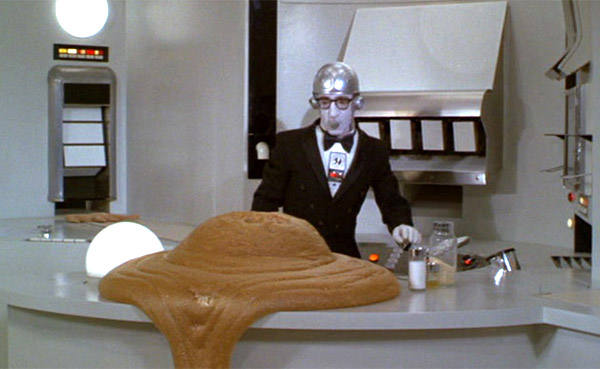In a Business Insider piece, tech entrepreneur Hank Williams neatly dissects the problem of the intervening period between the present and that future moment when material plenty arrives, which is hopefully where technology is taking us. How hungry will people get before the banquet is served? I don’t know that I agree with his prediction that more jobs will move to China; outsourcing will likely come to mean out of species more than out of country. An excerpt:
When you read in the press the oft-quoted concept that “those jobs aren’t coming back” this “reduction of need” is what underlies all of it. Technology has reduced the need for labor. And the labor that *is* needed can’t be done in more developed nations because there are people elsewhere who will happily provide that labor less expensively.
In the long term, technology is almost certainly the solution to the problem. When we create devices that individuals will be able to own that will be able to produce everything that we need, the solution will be at hand. This is *not* science fiction. We are starting to see that happen with energy with things like rooftop solar panels and less expensive wind turbines. We are nowhere near where we need to be, but it is obvious that eventually everyone will be able to produce his or her own energy.
The same will be true for clothing, where personal devices will be able to make our clothing in our homes on demand. Food will be commoditized in a similar way, making it possible to have the basic necessities of life with a few low cost source materials.
The problem is that we are in this awful in-between phase of our planet’s productivity curve. Technology has vastly reduced the number of workers and resources that are required to make what the planet needs. This means that a small number of people, the people in control of the creation of goods, get the benefit of the increased productivity. When we get to the end of this curve and everyone can, in essence, be their own manufacturer, things will be good again. But until we can ride this curve to its natural stopping point, there will be much suffering, as the jobs that technology kills are not replaced.
The political implications of this are staggering.•

